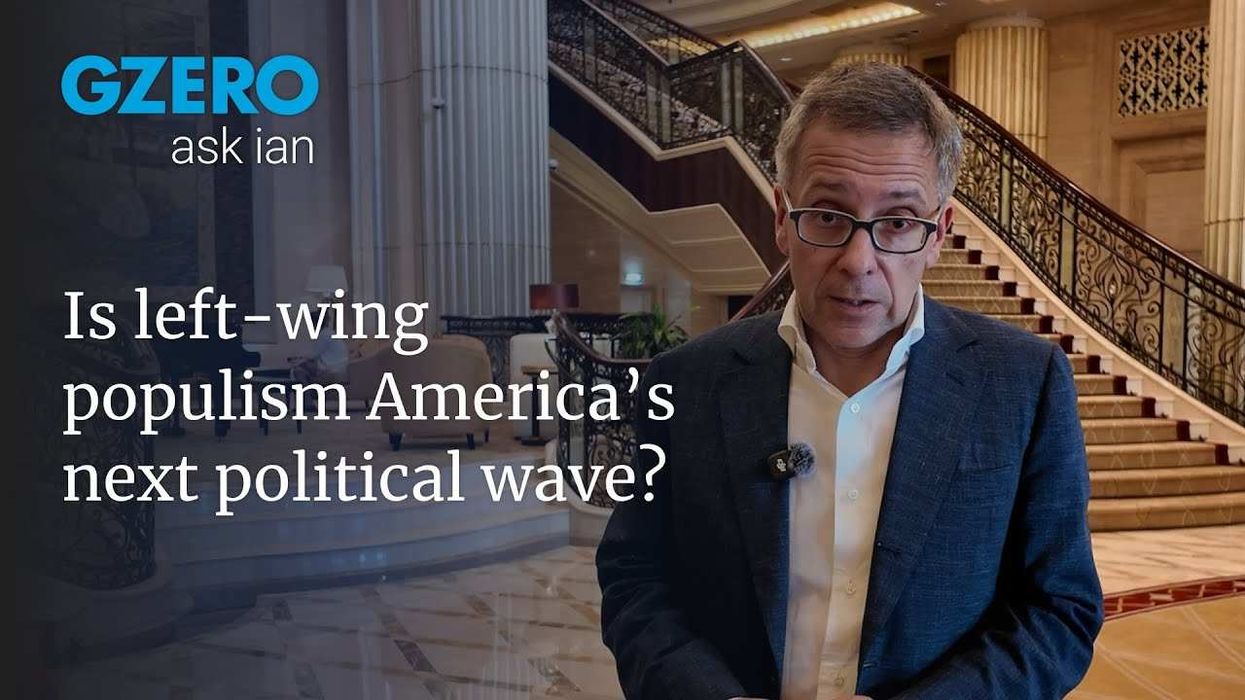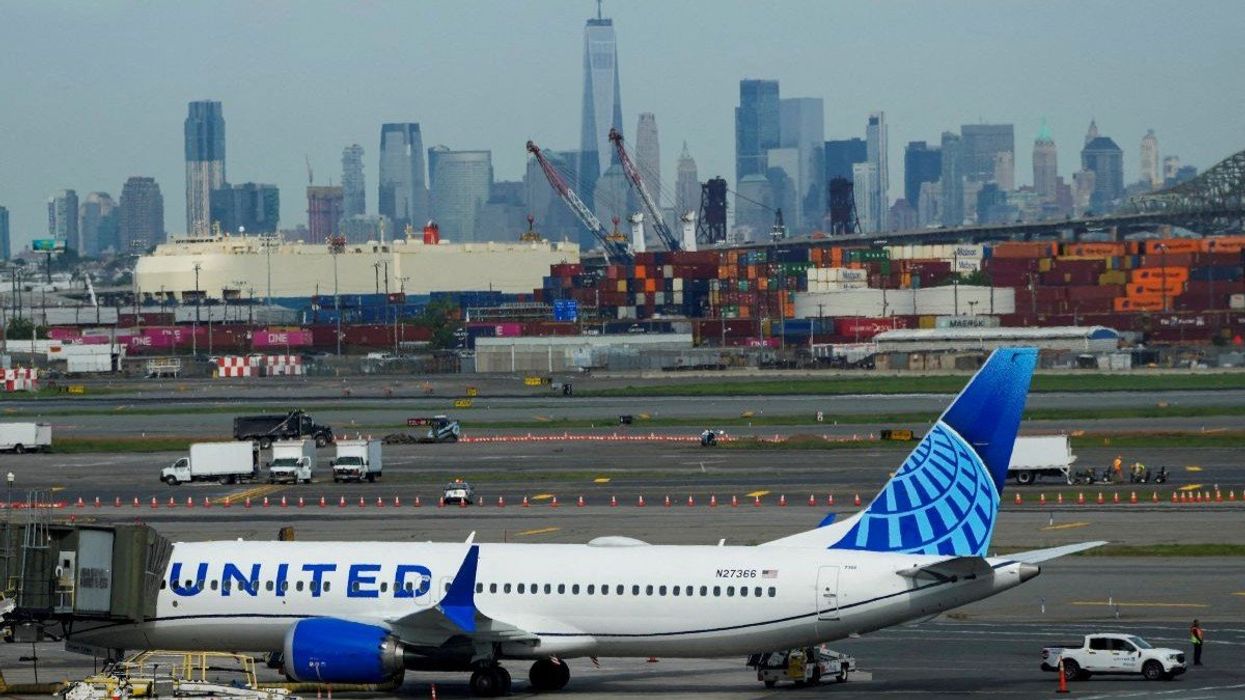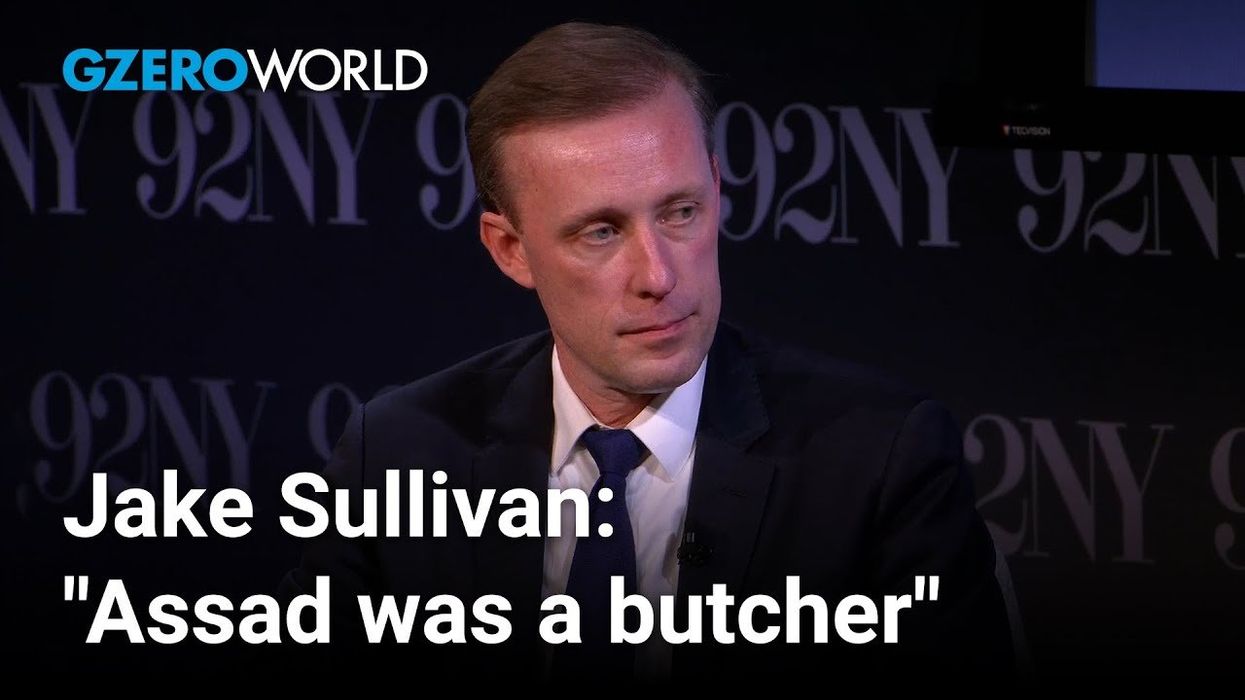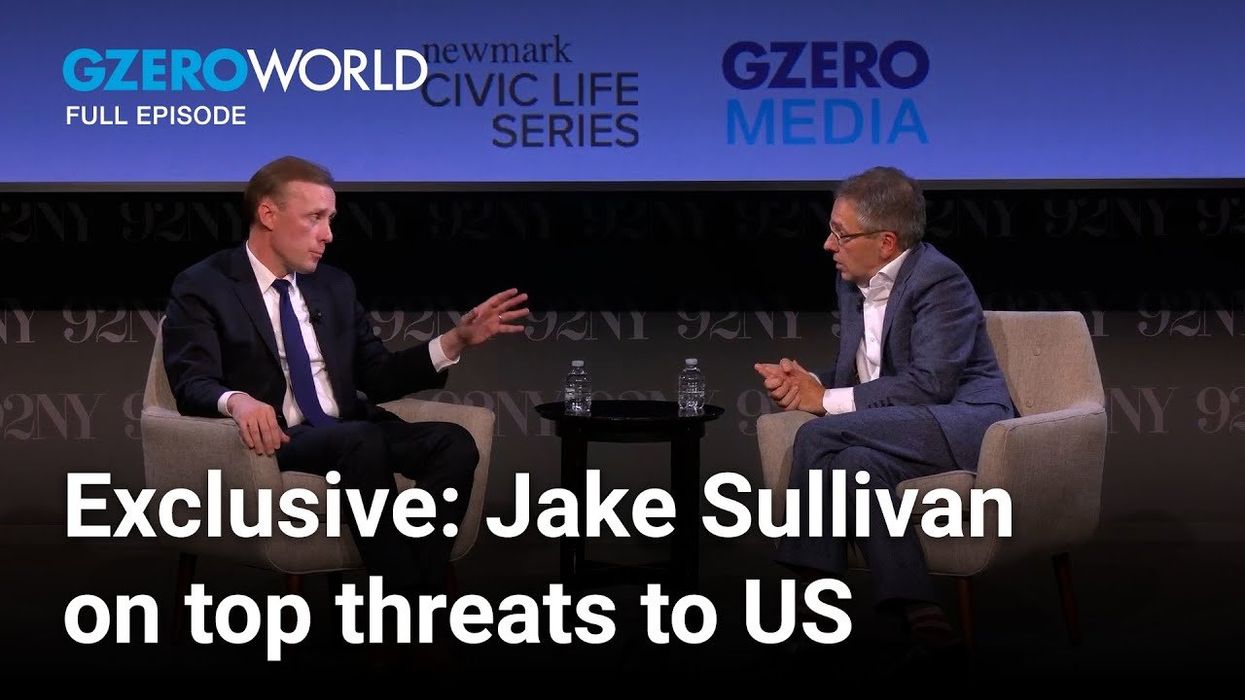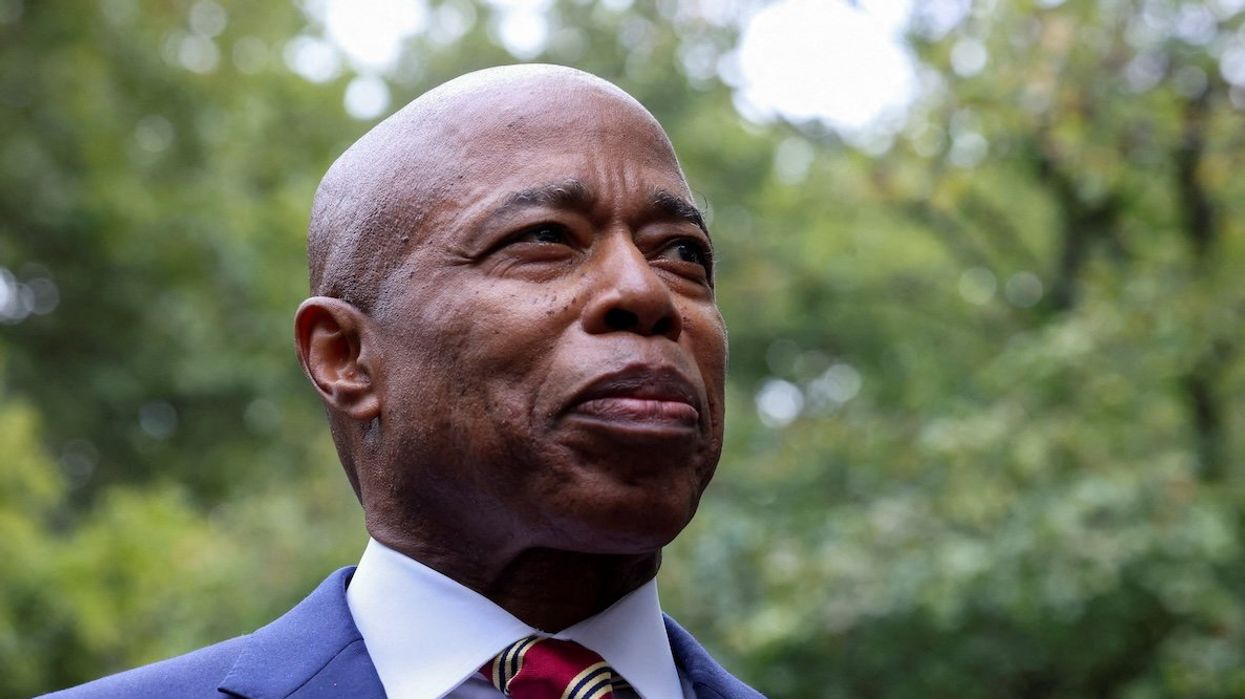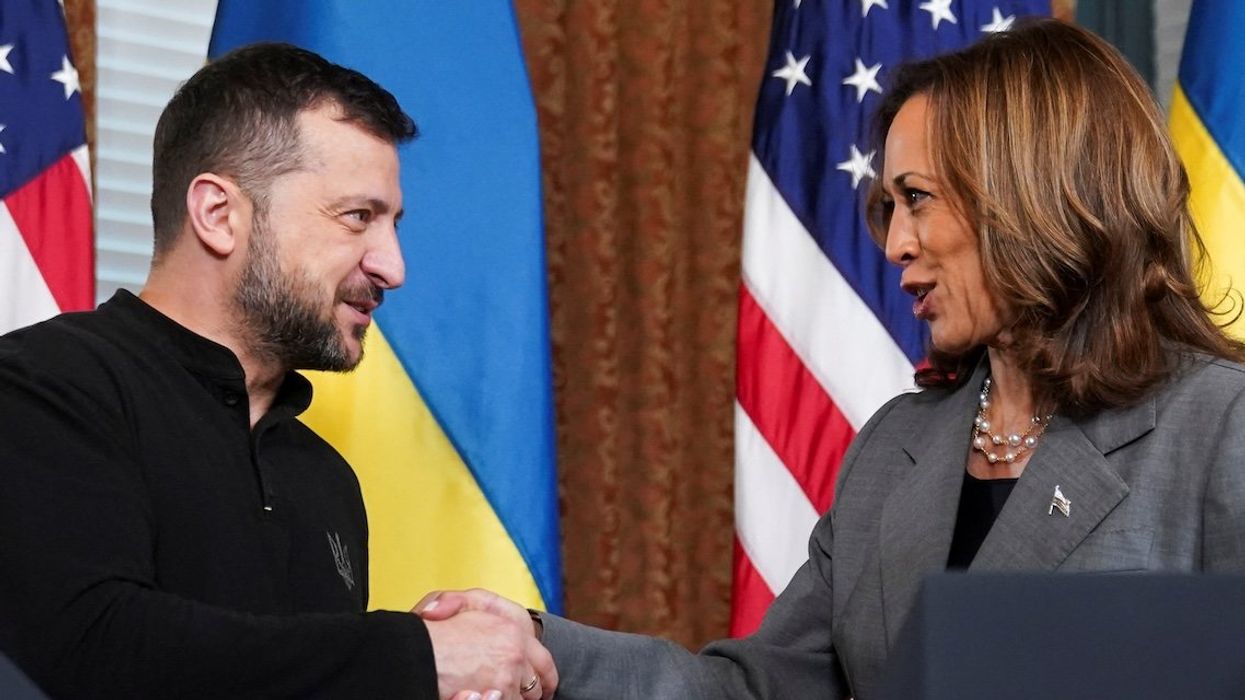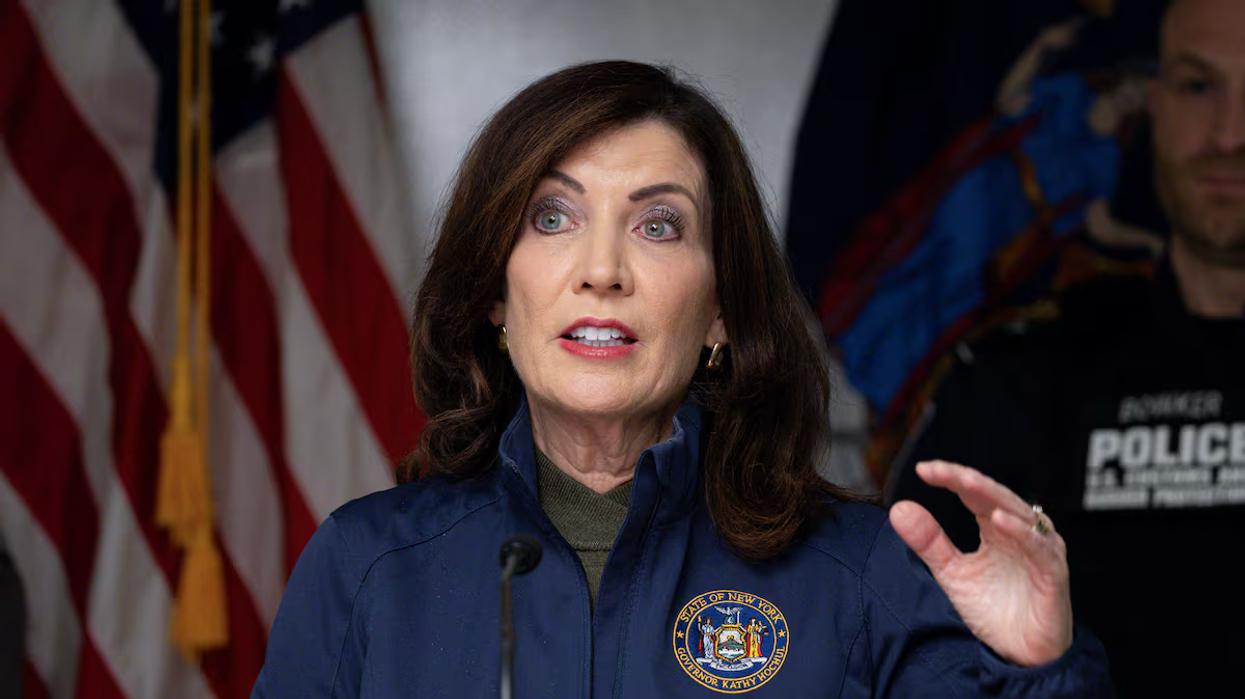Analysis
Calm down about Zohran Mamdani
Last Tuesday, a self-identified democratic socialist who ran on making New York affordable for the 99% won the city’s mayoral race in a landslide, defeating former Governor Andrew Cuomo. And the reactions have been predictably hysterical.
Nov 12, 2025

